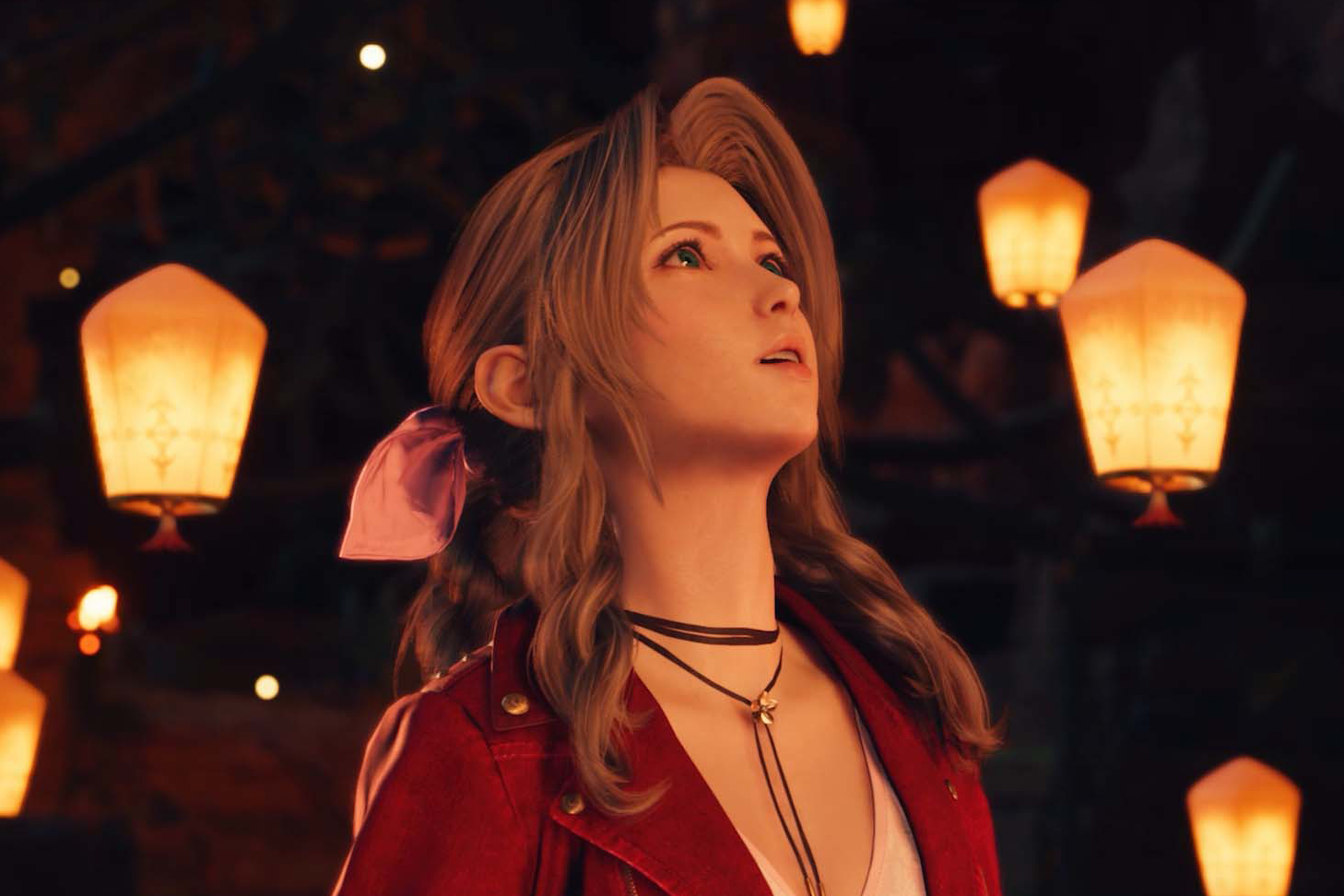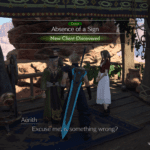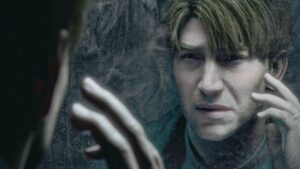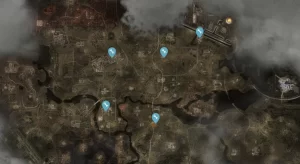Aerith’s fate in Final Fantasy 7 Rebirth and the trouble with remakes
This piece contains major spoilers for the original Final Fantasy 7 and Final Fantasy 7 Rebirth. Please do not read unless you’ve finished Rebirth.
Aerith’s death in the original Final Fantasy 7 is one of the most iconic moments in gaming history. While she wasn’t the first major character to die in the series, the deep emotional impact of her demise resonated with fans worldwide, leaving a lasting impression that continues to affect the narrative of Final Fantasy 7 Rebirth, the second installment in the remake trilogy.
But what makes her death so unforgettable? It’s a moment that is both shocking and straightforward. The shock comes from the unexpected loss of a beloved character, while the simplicity lies in how it is presented—music halts, the tension builds, and then, in a heart-wrenching scene, she is slain by Sephiroth’s iconic sword. The emotional weight of this moment is encapsulated in the somber piano that follows, contrasting sharply with the game’s often light-hearted tone, as players quickly transition from grief to snowboarding down a mountain.
The Challenge of Recreating Impact
The challenge of recreating this moment in the remake is immense. Square Enix faces a conundrum: how can they deliver the same level of shock when players already know what to expect? If Aerith’s death is anticipated, it loses its emotional impact.
Introducing a Multiverse
In an effort to maintain the surprise and emotional weight of the original, the developers introduced a multiverse concept. This narrative structure serves multiple purposes: it allows for the inclusion of elements from various spin-offs, provides room for speculation about Aerith’s fate, and invites commentary on the nature of what a remake can achieve by twisting familiar storylines into something fresh.
A Game About Games
On one level, Rebirth functions as a self-referential commentary about its own existence as a game. However, this approach may alienate both new and returning fans. The meta-narrative relies heavily on prior knowledge of the original game, making it laughable for Square Enix to claim the remake trilogy is suitable for newcomers. The complex web of interconnected storylines across multiple spin-offs means that Rebirth does not simply retell the original story but instead expands into a multiverse of narratives.
The Ambiguous Fate of Aerith
Aerith’s death in Rebirth is no longer the straightforward, shocking moment it once was. Instead, it becomes a convoluted climax to a complex narrative filled with ambiguity. Square Enix went to great lengths to keep her fate a secret even before the game’s release, and the beginning of the game cleverly mirrors her original death to build suspense.
When the moment arrives, players witness Aerith die yet simultaneously be saved—a perplexing twist that muddles the emotional weight of the scene. It poses a series of questions about the nature of her death, drowning the moment in ambiguity rather than delivering the gut-wrenching impact of the original.
The Risks of Ambiguity
This approach to storytelling can come off as a clever twist but ultimately detracts from the emotional stakes established in the original narrative. While there is merit in keeping players guessing, the convoluted plot leaves audiences with more confusion than clarity. The irony is that Aerith’s fate, which should be pivotal, becomes secondary to the game’s exploration of its own narrative structure.
A Mixed Experience
Although Rebirth excels in character development and offers some truly memorable moments, the overarching narrative struggles under the weight of its own complexity. The game feels like an ensemble piece, yet it hinges on Aerith’s fate, elevating her character above others in a way that feels forced.
Commercial Considerations
There’s a sense that the developers are manipulating player expectations not only to explore the nature of remakes but also to encourage them to invest in multiple games. Aerith’s death, which serves a clear narrative purpose in the original, appears to exist in Rebirth largely to mirror the past. The ambiguity surrounding her demise feels less like a narrative choice and more like a calculated move to prolong interest in future installments.
Despite my admiration for Final Fantasy 7 Rebirth, I can’t ignore the implications of its handling of Aerith’s fate. While the game offers a chance for fans to experience the familiar in a new light, it raises questions about how to retell a beloved story in a way that remains surprising without sacrificing emotional depth. In the end, by leaning too heavily into complexity, Rebirth leaves players with lingering questions rather than the tears that the original elicited.




























Post Comment